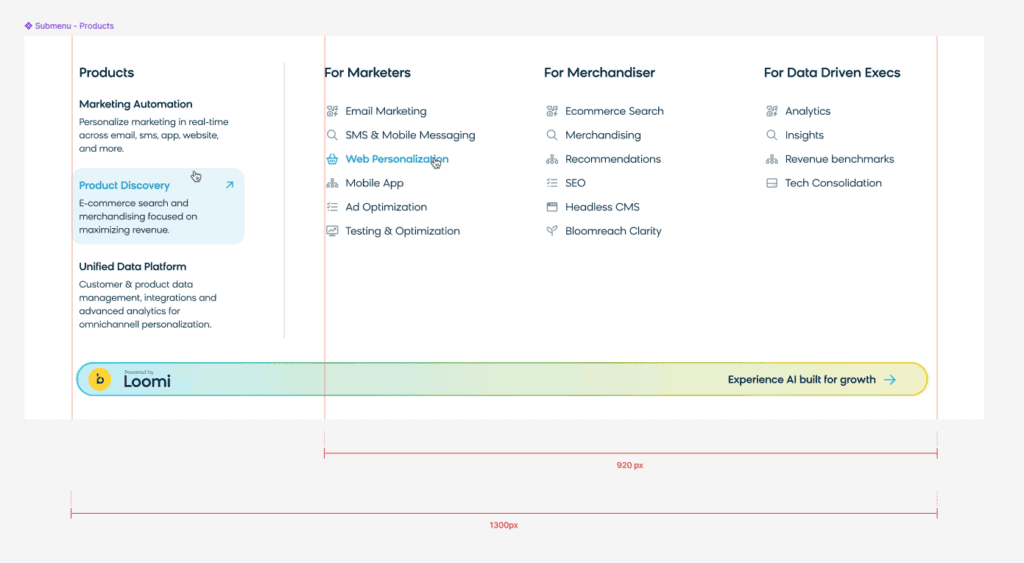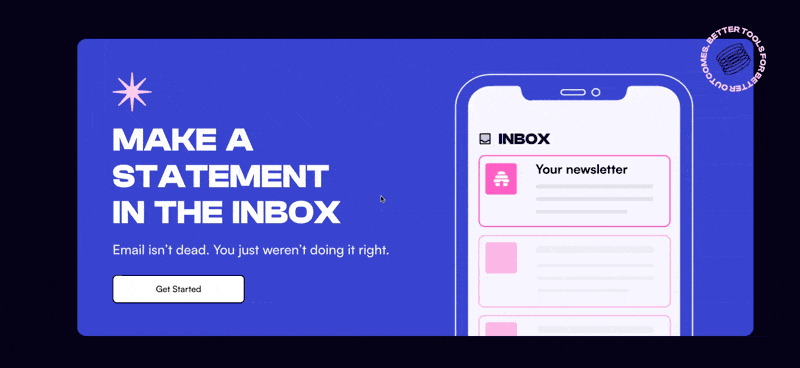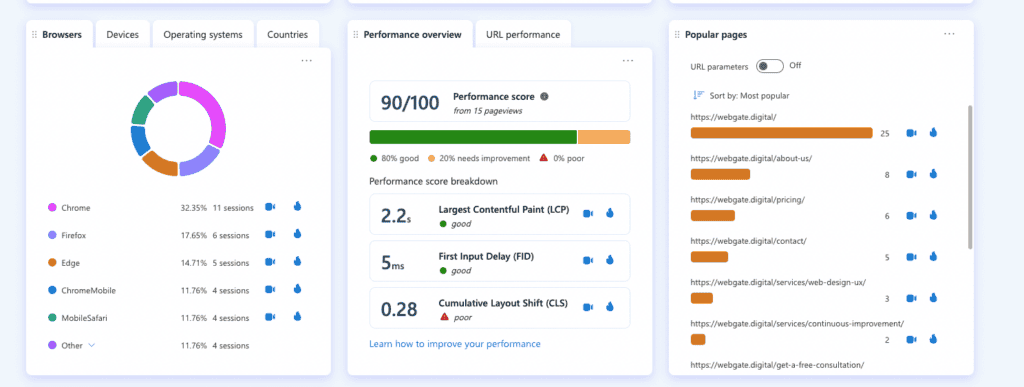1. Strong Foundational Strategy
A clear strategy aligns company goals, target audience, and unique value proposition to guide the website’s development – ensures the website effectively communicates the business’s offerings and differentiators to the right audience.
Strong Foundational Strategy incorporates:
- Define company goals, target audience, and unique value proposition.
- Develop buyer personas to guide messaging and content.
- Determine the structure and layout of the website. You can leverage AI tools for making wireframes, such as Relume.io
2. User-friendly Design and Navigation
Clear navigation, search functionality, and an attractive design enhance the user experience and keep visitors engaged.
Well-designed navigation encourages visitors to explore the website further and learn more about the business, leading to higher engagement and conversion rates.

3. Proof Points and Credibility Builders
Showcasing case studies, testimonials, and other forms of social proof build trust and credibility with potential customers. Proof points provide concrete evidence of the business’s expertise and successful track record, making visitors more likely to convert.

4. Clear Calls-to-Action (CTAs)
Using clear and prominent CTAs guides visitors through the website and encourages them to take desired actions. Well-designed call-to-action sections or buttons increase conversion rates by making it easy for visitors to engage with the business and move further down the sales funnel.

5. Analytics and Performance Tracking
Implementing analytics tools tracks user behavior, conversion rates, and other key performance indicators to optimize the website’s performance. GA4, Clarity, Hotjar and Mixpanel insights help to make data-driven decisions, continuously improve the website, and measure the impact of marketing efforts

Conclusion
By incorporating these key elements, a B2B website can effectively engage visitors, communicate its value proposition, and drive conversions.







